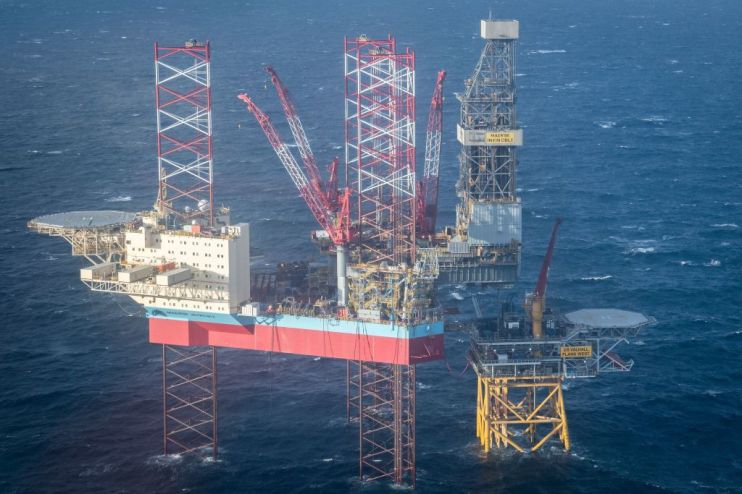Premier Oil shares crash as it swings to first-half loss

Shares in Premier Oil plummeted almost 25 per cent in early trading after the oil giant posted a hefty first-half loss due to weak oil prices.
The figures
Premier Oil posted revenue of $530.6m (£406m) in the first half, down from $883.1m in the same period last year.
The company swung to a loss after tax of $672m, compared to a profit of $121m in 2019.
Cash flow from operating activities was $323.7m, down from $544.6m.
Net debt at 30 June was $1.97bn, slightly reduced from $1.99bn last year.
Why it’s interesting
Premier Oil’s first-half figures lay bare the impact of the Covid-19 crisis on the industry as demand for crude oil collapsed during lockdown.
The North Sea-focused firm said it had taken steps to reduce costs and preserve cash over the period.
Production hit 67.3 thousand barrels of oil equivalent per day (kboepd), down from 84.1 kboepd last year, but the company reiterated its 2020 guidance of 65-70 kboepd.
Premier also said it expected to be free cash flow positive for the full year 2020.
In a separate announcement today, Premier said it had agreed terms for a long-term refinancing of its debt facilities.
The company said it will refinance $2.9bn of gross committed debt facilities with non-amortising facilities, extending its credit maturities from May 2021 to March 2025.
Premier said it will also raise $230m to fund the proposed acquisition of some of BP’s North Sea fields.
“With a strengthened balance sheet and strongly rising near-term production, Premier will be well placed to start reinvesting in some of its growth projects to deliver value for all of its stakeholders,” the firm said in a statement.
Despite this, shares in Premier Oil dropped 24 per cent shortly after markets opened, before recovering slightly to a drop of 18 per cent.
“The big question for Premier Oil over the past few years has been how it can go about reducing a vast debt pile — particularly at a time of low oil prices,” said Stuart Lamont, investment manager at Brewin Dolphin.
“Today’s proposed refinancing provides a path towards that aim, while acknowledging that the commodity price may be lower for longer.”
But Lamont warned the terms still had to be agreed with shareholders, adding: “Premier has come a long way, but there is still substantial ground to cover”.
It came as mining giant Antofagasta also posted a fall in earnings in the wake of the coronavirus crisis.
The Chilean company saw its earnings fall 22.4 per cent to $1.01bn, while revenue dropped more than 15 per cent to $2.1bn.
Antofagasta was hit by a decline in copper prices and metal sales, as well as reduced operations at its mines.
But the firm said demand was beginning to pick up again and maintained its dividend of 6.2 cents per share.
What Premier Oil said
‘We have taken decisive action to safeguard our people and our assets,” said chief executive Tony Durrant.
“We have reduced our expenditure which, together with our hedging programme and the continued underlying performance of our assets, resulted in us generating free cash flow for the period, despite the collapse in commodity prices.
The BP acquisitions and our proposed long-term refinancing will position Premier to benefit from materially rising near-term production, additional free cash flow generation and a strengthening balance sheet, against a backdrop of a recovering oil price.”